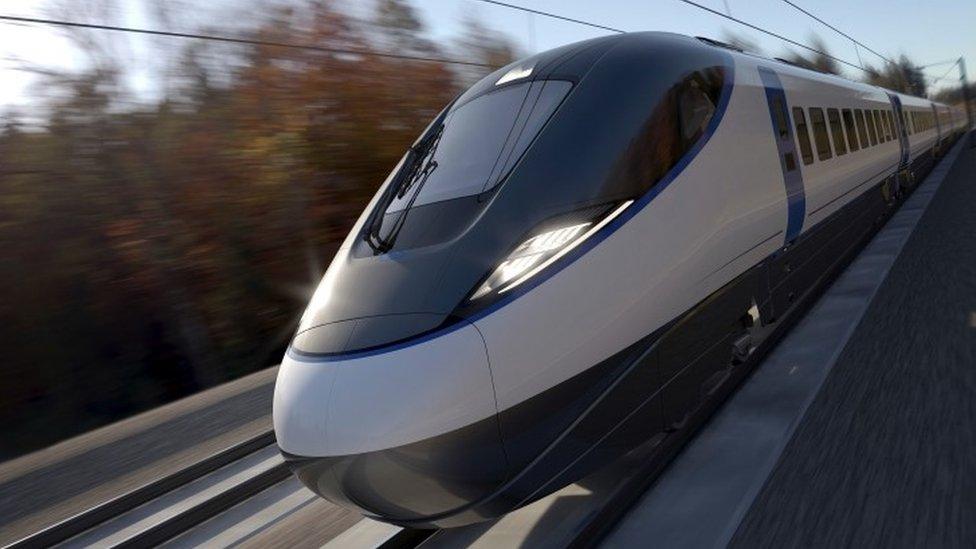Homeless Water Orton rugby club are 'survivors' of HS2
- Published
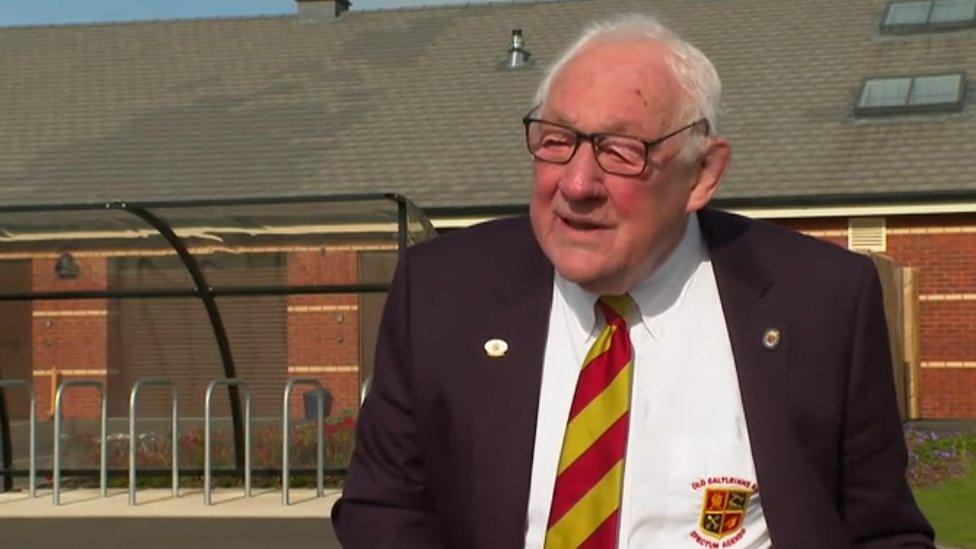
Old Saltleians president Malcolm Richards said the club was starting to build up its youth teams again after returning to Water Orton
A rugby club in Warwickshire that was homeless for four years after its pitches were bought by HS2 said they were glad to have "survived".
Phase two of the high-speed rail line between Birmingham and Manchester was dropped on Wednesday.
However, Old Saltleians' ground is one of hundreds of sites bought up for phase one, from London to Birmingham.
The Water Orton club has opened a brand new base, but its president said it had been a tough four years.
Malcolm Richards said the club had seen a decline in membership since being ousted from the village in 2018 and having to move to Birmingham while a new clubhouse and pitches were built.
"The most significant thing about [HS2] is that it is now history for us," he said.
"Whatever we think about what's happened to us, we're survivors."
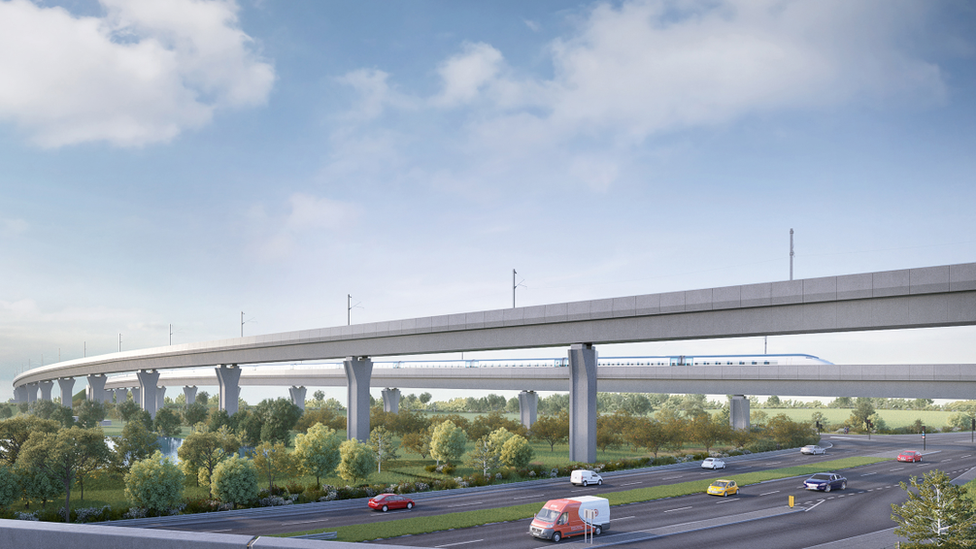
The club's land was bought by HS2 Ltd so it could build two viaducts to carry trains
While the second leg between Birmingham and Manchester was cancelled by Rishi Sunak, construction of the first phase from London to Birmingham will continue.
This section included where the line crossed the M6 and M42 in the north of Warwickshire, towards what is known as the Delta Junction near Water Orton.
The Old Saltleians' site on Watton Lane in Water Orton was bought under a compulsory purchase order by the company responsible for delivering HS2.
The area was used as part of work to build two viaducts to carry trains over the River Tame.
The club were expecting to be able to stay in their home while their new facility was built, but Mr Richards said HS2 Ltd told them they needed to take possession in 2018.
"We had to move to Birmingham playing fields but it wasn't our home. That had a significant impact on our senior playing strength and more devastating was what it did to our mini and youth [sides]."
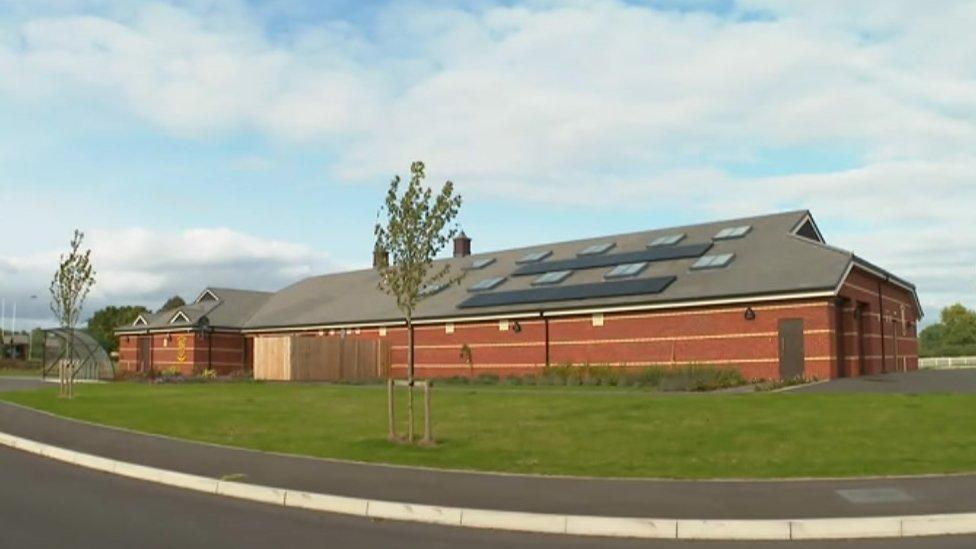
The club moved to its new clubhouse and pitches in December
The club went from having about 150 youngsters taking part on a Sunday to single figures and Mr Richards said parents missed the atmosphere of the club.
"It was extremely stressful and we anticipated that because of the move we would start to lose players and that was very difficult," he said.
Four years after being forced out of the village, they returned to a new home on Coleshill Road in December and Mr Richards said he was just glad they had a future after all the upheaval.
"We have a growing youth section, up to about 60 youngsters. We are looking forward now, we see it as a massive opportunity," he added.

Follow BBC West Midlands on Facebook, external, X , external and Instagram, external. Send your story ideas to: newsonline.westmidlands@bbc.co.uk, external
Related topics
- Published5 October 2023
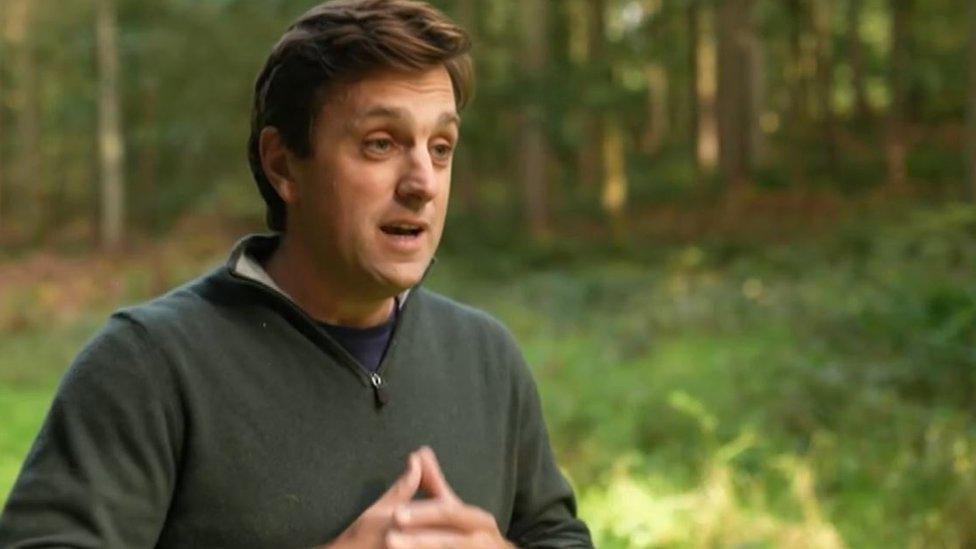
- Published4 October 2023

- Published4 October 2023
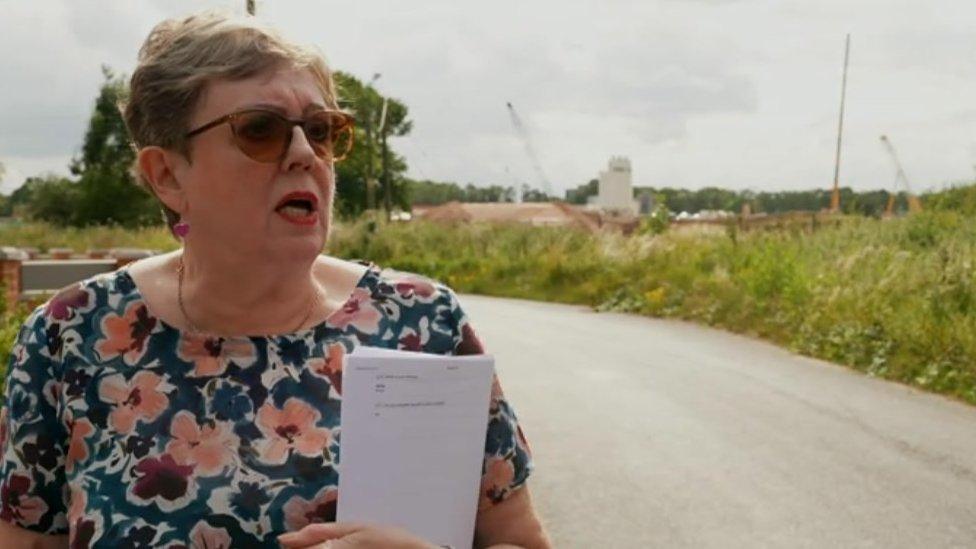
- Published4 October 2023
